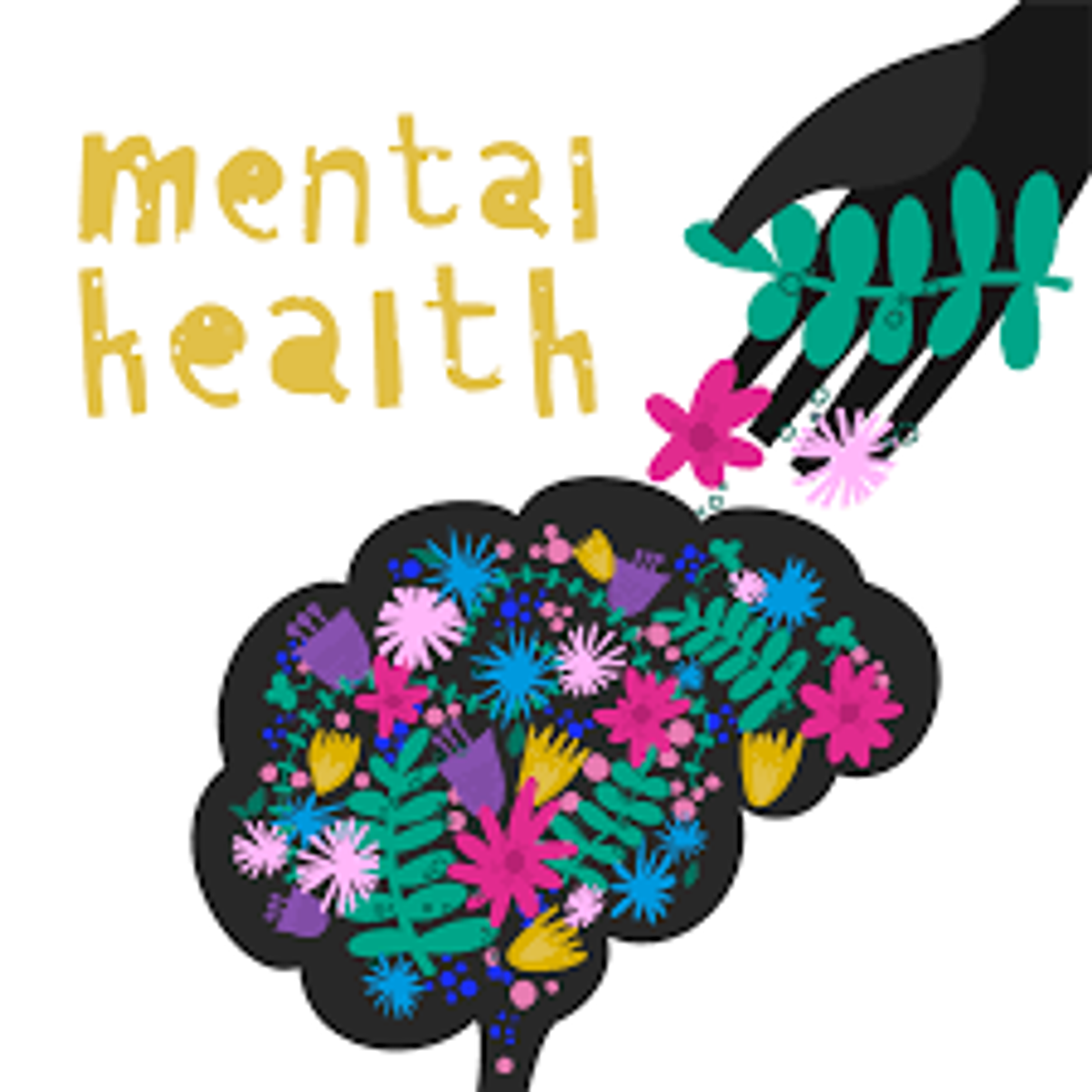School Wide Positive Behaviour Support (SWPBS)

Looking after your child's mental health
Changes in your child’s mood and behaviour are a normal part of growing up.
While you know your child better than anyone, it can sometimes be difficult to know the difference between normal behaviour and potential mental health concerns.
No one expects you to be an expert in mental health but there are things you might notice that could indicate that extra support is needed.
Notice changes
There might be changes in your child’s emotions, behaviour and thinking that indicate they may need some extra help. You might notice:
- feelings of fear, anxiety and sadness and/or angry bursts
- withdrawal from friends, family and activities
- being low in energy
- difficulty going to sleep
- changes in appetite
- trouble concentrating
- negative thoughts that won’t go away
- other changes in behaviour such as being more emotional or temper tantrums in younger children.
Headspace provides a comprehensive list of things you might notice about your child’s mental health. For more information, visit: How to talk to your child about their mental health see website.
Some other things to think about are:
- How long have the emotions and behaviour lasted? If it has been longer than two weeks, it might be time to seek help.
- How strong are the emotions? Are they there all the time or do they come and go?
- How much of an impact are the emotions and behaviour having on your child’s schoolwork, physical health, relationships and enjoyment of everyday activities?
Talk to your child
It can be hard to talk about mental health. Sometimes we are worried it might be upsetting or we are worried we might make things worse.
There is not a perfect way to start the conversation. What you say will depend on your child’s age and their understanding. Try to use “I” statements like these:
- I’ve noticed that you seem to have a lot on your mind lately. I’m happy to talk or listen and see if I can help.
- It seems like you [haven’t been yourself lately/have been up and down], how are things?
- You seem [anxious/sad], what is happening for you? We can work it out together.
- It’s ok if you don’t want to talk to me, you could talk to [trusted/known adults]. I will keep letting you know I love you and am concerned.
If your child opens to you:
- reassure them everything will be okay and that you’re glad they are talking to you
- acknowledge that talking about personal thoughts and feelings can be hard
- ask what they need from you (although they might not know what they need)
- offer to help them find information and support.
Resources to support the mental health and wellbeing of your child
Support the mental health and wellbeing of your child during remote and flexible learning with new resources from the Department of Education and Training. There are tips to kick-start conversations, ideas to stay active, advice about being safe online, as well information to help you take care of yourself during flexible and remote learning.
To download these resources and for more information, visit the Family Health section of the Department website.

